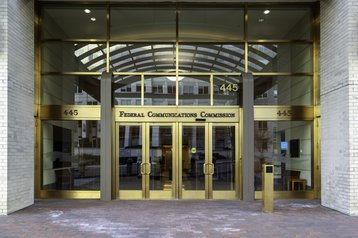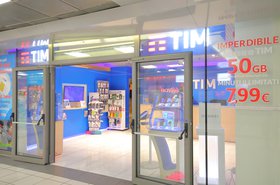The Federal Communications Commission (FCC) has this week resolved two investigations into the América Móvil Submarine Cable System that connects the US to Colombia and Costa Rica.
According to the regulator, the subsea connections were carried out without the approval of the regulator or a US government committee known as "Team Telecom," which had prevented a required national security concern review.
The FCC noted that the two cables responsible, LATAM Telecommunications and Puerto Rico Telephone Company (PRTC), have accepted responsibility and each agreed to pay a $1 million civil penalty.
"Undersea cables keep us globally connected and are an essential part of the digital economy. But they can pose real security risks if the FCC and its national security partners aren't properly given the chance to review where new cables may be installed," said FCC Chairwoman Jessica Rosenworcel.
The regulator's investigation found that construction began on a cable landing station in Isla San Andrés, Colombia, in March 2020, which went into operation in September 2021, and a cable landing station in Puerto Limón, Costa Rica, in May 2021, which began operation in November 2022, with both connecting to the América Móvil Submarine Cable System.
However, neither company obtained or sought to obtain FCC authorization until 2023, thus evading vital national security reviews and assessments, among other concerns, that the FCC, in collaboration with the Team Telecom Committee, considers when reviewing new undersea cable landing license applications, as well as requests to modify existing licenses.
The US has moved to step up its efforts to scrutinize the secureness of subsea cables in the last few years, particularly against China.
In 2020, the White House set up 'Team Telecom' to evaluate foreign participation in US telecom networks.
“Team Telecom is designed to review and address national security threats to our critical telecommunications infrastructure,” said Assistant Attorney General Matthew G. Olsen of the Justice Department’s national security division, this week.
“When that process is bypassed, it puts the American people, their communications, and their data at risk. Today’s enforcement action makes clear that the Department of Justice, as chair of Team Telecom, will continue to work closely with the FCC to ensure that applicants and licensees play by the rules.”
In June 2020, the team recommended that the FCC deny the 11,800km Pacific Light Cable Network cable extension to Hong Kong, the first direct US-Hong Kong cable.
In 2021, a subsea cable set to connect the Pacific Island nations was scrapped after the US government warned that Chinese companies pose a security threat.
At the time, the World Bank-led project declined to award a contract for the East Micronesia Cable rather than let it go to Chinese cable company HMN (Huawei Marine Networks) Technologies.
Meanwhile, Facebook (now Meta) pulled out from the HKA project to build a submarine cable between California, Hong Kong, and Taiwan, as the US technology company felt pressure from the US.
Then in 2021, the Department of Justice group recommended approving a Google and Meta/Facebook cable between the US and Asia, but without links to Hong Kong, which has increasingly seen its autonomy come under Chinese influence in recent years.







